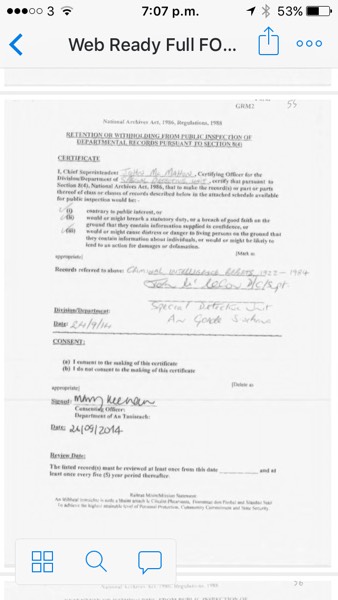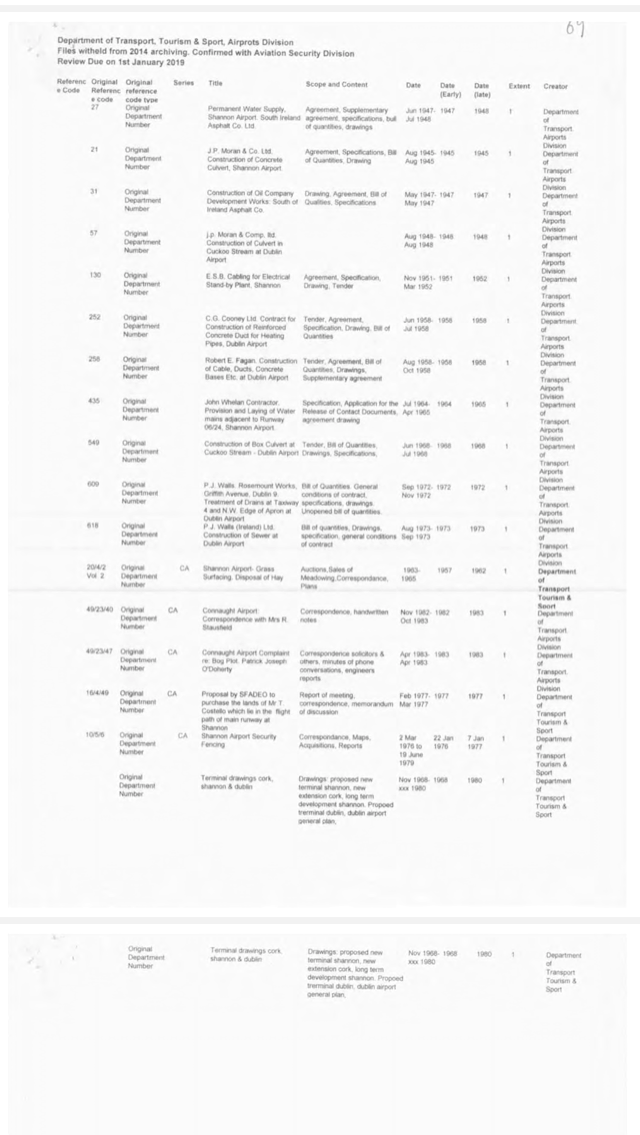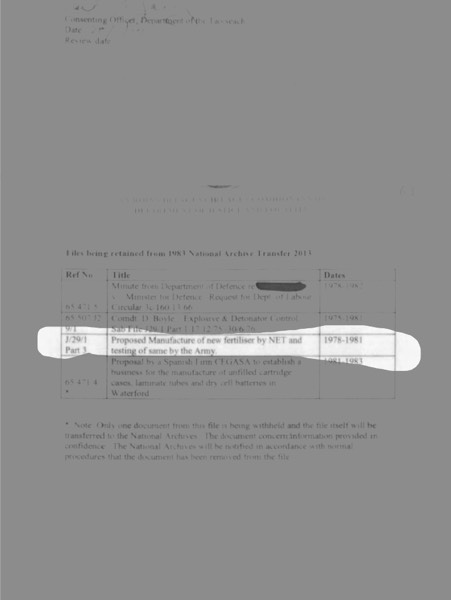The reply to the question is, to some degree found in a quip; how long is a piece of string? Another reply is found by looking at my solicitor’s reference bookshelf. The title of one book – “Contract and Conveyance” jumps to my eye. Making the contract precedes the conveyancing.
What has a contract got to do with, ultimately, the registration of land ownership? A lot, is the answer. For starters, a contract for the sale of land (and buildings or structures like them) is an exception in
the law of contract. Such a contract cannot be enforced unless it is in writing signed by the relevant person or his/her agent. You could buy and sell a jumbo jet without such a restriction.
So, what does the written contract look like? It could take almost any form, as long as it is in writing and says the necessary minimum of things. It could fit on a sticky note.
Would you be happy to sign a contract embodied on a sticky note? You would not, and neither would your solicitor be happy if you did so. Your solicitor would like to add quite a lot to the contract. Well, she would if she were qualified to do so. To reach that level of qualification requires many, many years of experience, more than the average solicitor will ever get.
Luckily, all the necessary years of experience have been culled from the past; they are found in the Law Society’s form of contract for the sale of land. That form of contract is revised from time to time to take
account of changing conditions. Sometimes, the conditions change before the next edition issues. That’s where your solicitor starts to earn her fee. She has to ensure that the contract as signed by you reflects such a change.
The Law Society contract expresses the basis for asking questions about the title of the vendor. Even a contract on a sticky note will lead to such questions, known as “requisitions”. However, the requisitions on the sticky note contract will be inadequate because most appropriate queries
will be precluded from being asked, or, if asked, the sticky note contract will not oblige the vendor to answer them. (It would be a good test of the skill and knowledge of a solicitor to see how many requisitions she could justify, in law, under a sticky note contract).
Identifying the basis for a requisition is important. If that cannot be done, the reply “declined”, may shut the issue down. Or, the vendor’s solicitor may have drafted the contract to allow such a reply to be validly given. Which is another way of saying that the purchaser’s solicitor should ensure, before the purchaser signs, that such a reply cannot be validly given under the terms of the contract.
Wow! Who are these solicitors?
Nobody special. They work in offices just down the road from where their clients live. Nevertheless, they have to pay attention to the ordinary mundane task of getting the clients from the agreement to sell and buy to the point where the property changes hands without a destructive expensive
row in between. To do that requires the solicitors to pay attention to the process. (A very expensive High court lawsuit, and Supreme court appeal, arose from a failure to appreciate the significance of “Vendor says no” when given in reply to a requisition). Excessive speed could damage the process. The process involves the exchange of documents between solicitors and the documents must
first be created. That takes a minimum amount of time. The process is intended to uncover problems, if they exist. If they exist it will take yet more time to remedy them (if they can be remedied).
As a rule of thumb, the process of completing the sale and purchase of a standard suburban house should be complete in six weeks from the signing of the contract by the purchaser. (Only when the process ends satisfactorily do we know what “a standard suburban house” is).

















